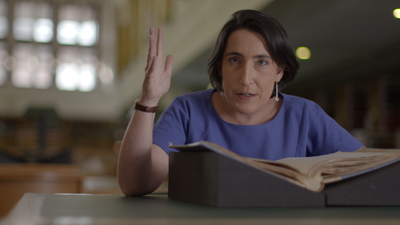 Alexandra Harris
Alexandra Harris
Alexandra Harris of the University of Liverpool argues that in her 1925 novel, Mrs Dalloway, Virginia Woolf developed a new, free-from way of writing that responded to the climate of uncertainty that followed the trauma of the First World War.
The secure, certain world described by novelists of the previous generation no longer existed. Similarly, the traditional Victorian novel had died with thousands of innocent young men in the trenches. Literature needed to be completely re-thought, shaken-up and ‘made new’.
Woolf wanted to write for the modern world, with all its confusion and uncertainty. She believed this required a completely different approach: one that did not involve such staid literary devices as ‘plot’, character development, and a happy ending.
Mrs Dalloway spans a single day in London in June 1923 – seen through the eyes of two central characters who, very radically, never meet. Clarissa Dalloway is a renowned socialite and the wife of an MP, while Septimus Smith is a shell-shocked survivor of the First World War.
The book’s free-flowing ‘stream-of-consciousness’ structure allows Woolf to show their very different versions of the world – the sane and the insane - and critiques a social system that seeks to exclude those who do not fit the established view.
Alexandra says that insanity was a subject very close to Woolf’s heart; throughout her life, she suffered from bouts of debilitating mental illness.
Reading Woolf’s diaries alongside the original manuscript for the work, reveals, for Alexandra, just how much of Woolf’s own experience found its way into the ‘mad-scenes’ she ascribes to Septimus.
As her friend, D.H. Lawrence, said when the book was published: ‘this is a novel written from personal experience’. But fascinatingly, during the three years that Woolf worked on Mrs Dalloway she enjoyed a rare period of good-health.
Alexandra Harris believes Mrs Dalloway is a book about madness that Woolf wrote so that she could remain sane.
The story of Mrs Dalloway is a poignant one - of how the woman who would become one of the greatest writers of the 20th century battled to transform her private demons into one of the most daring novels of the inter-war years, and the book that would make her name.
A new kind of novel
Where Woolf wrote
The first draft
This article is based on the OU/BBC programme The Secret Life of Books, an episode first broadcast on Tuesday 16th September 2014 on BBC Four.
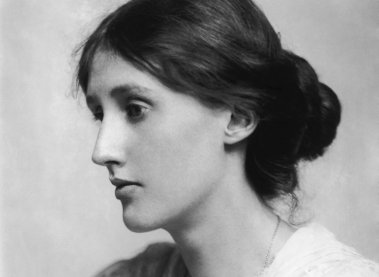
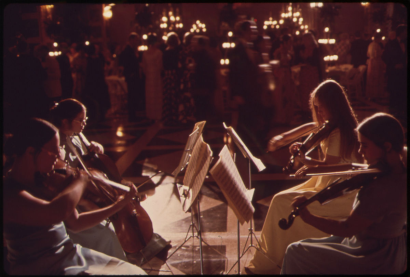
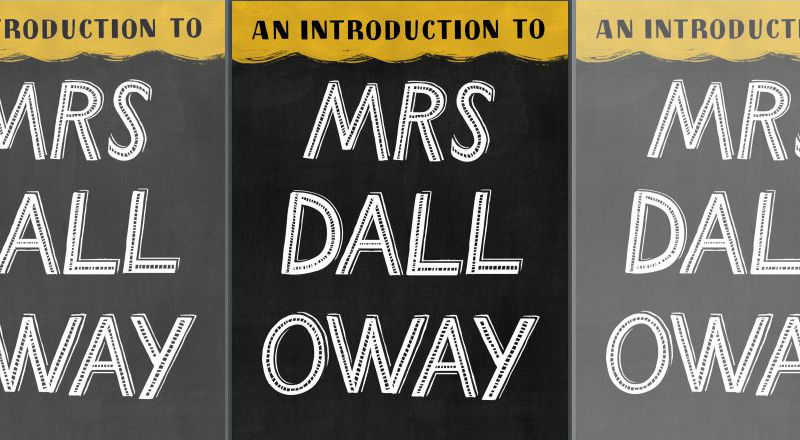
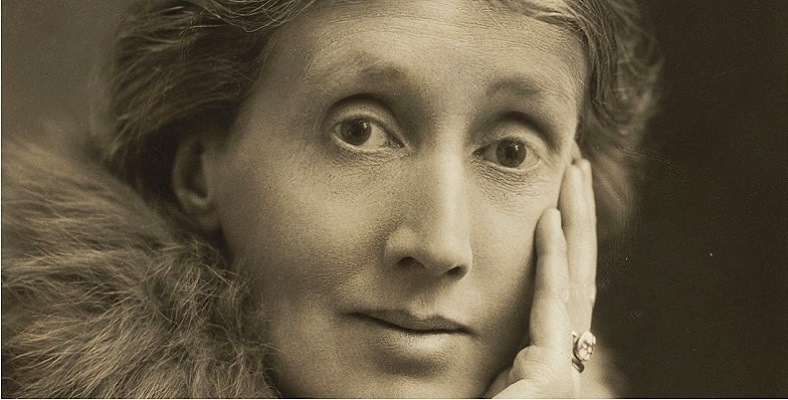
Rate and Review
Rate this video
Review this video
Log into OpenLearn to leave reviews and join in the conversation.
Video reviews